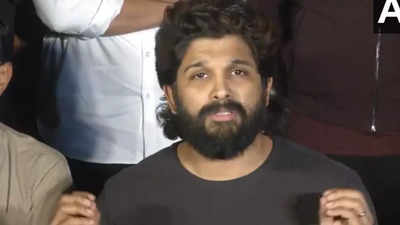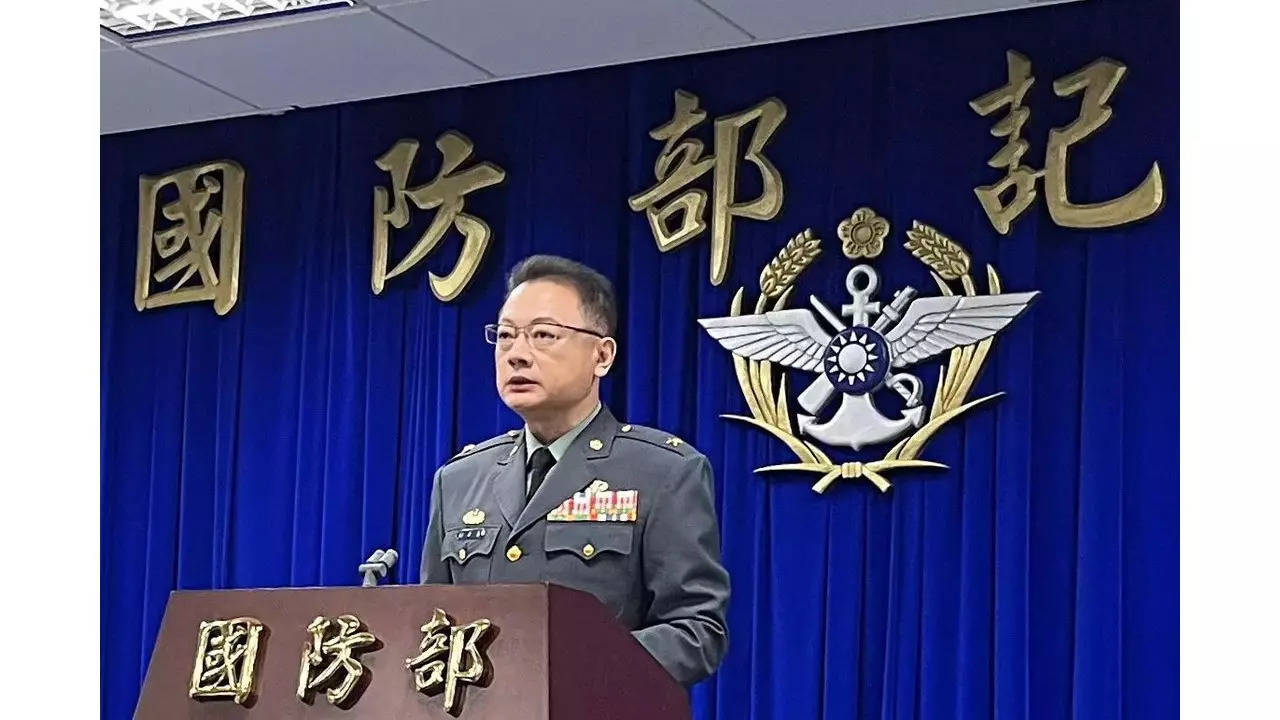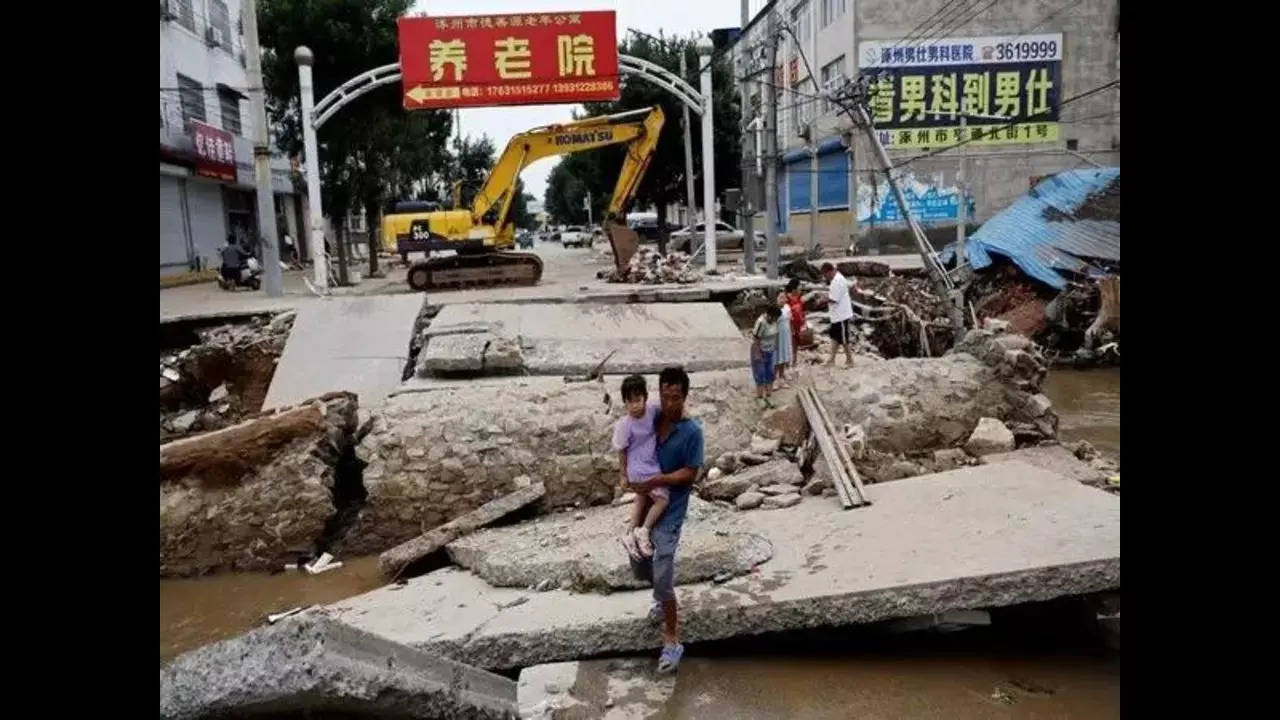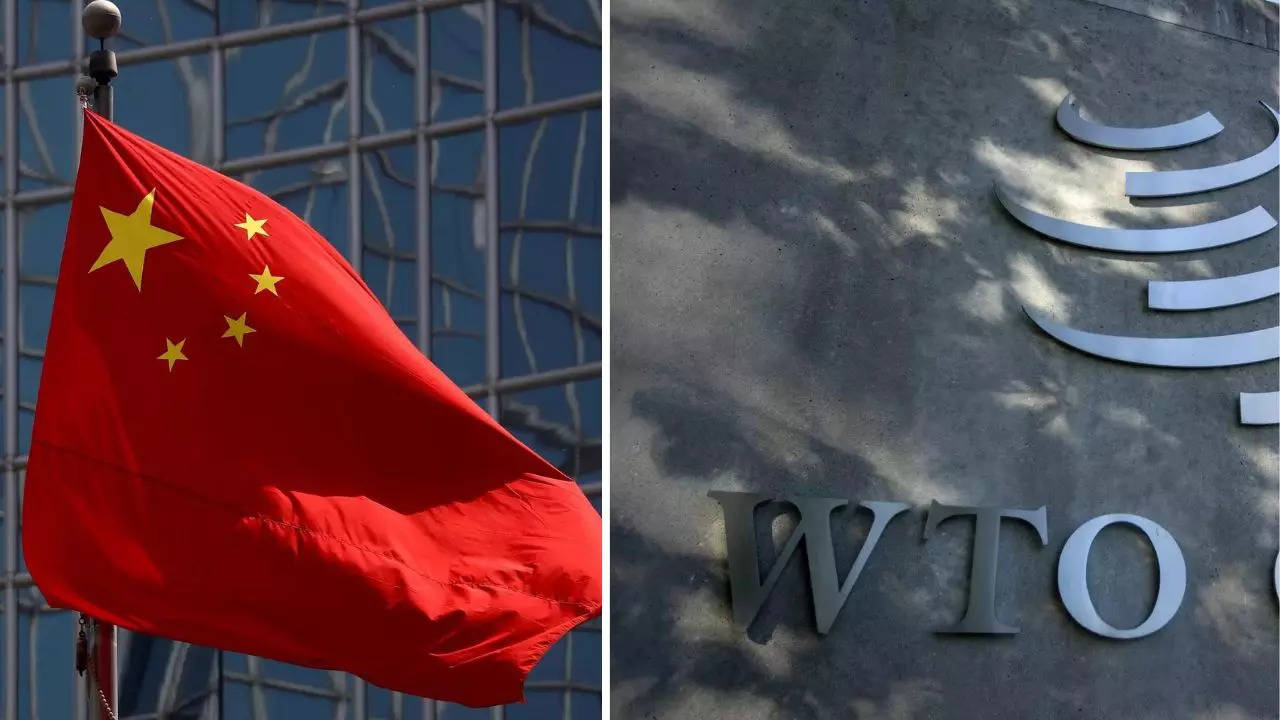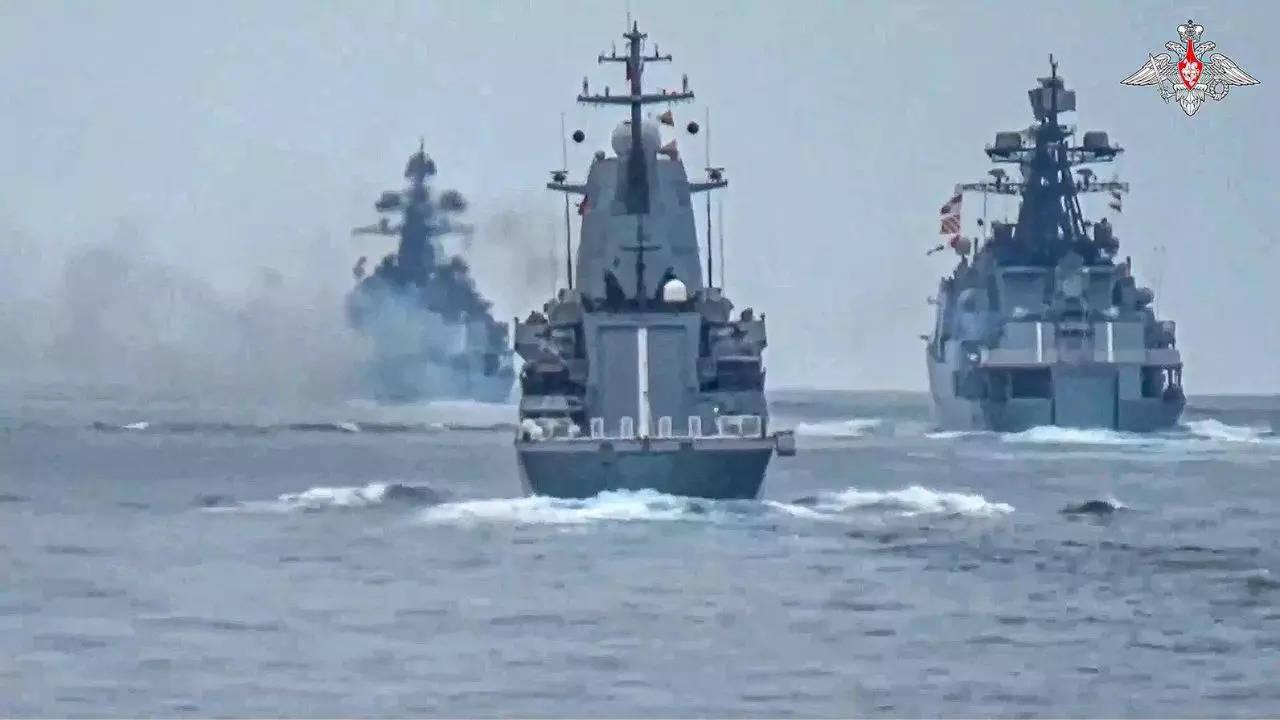Taiwan sees no Chinese military response to VP’s US trip
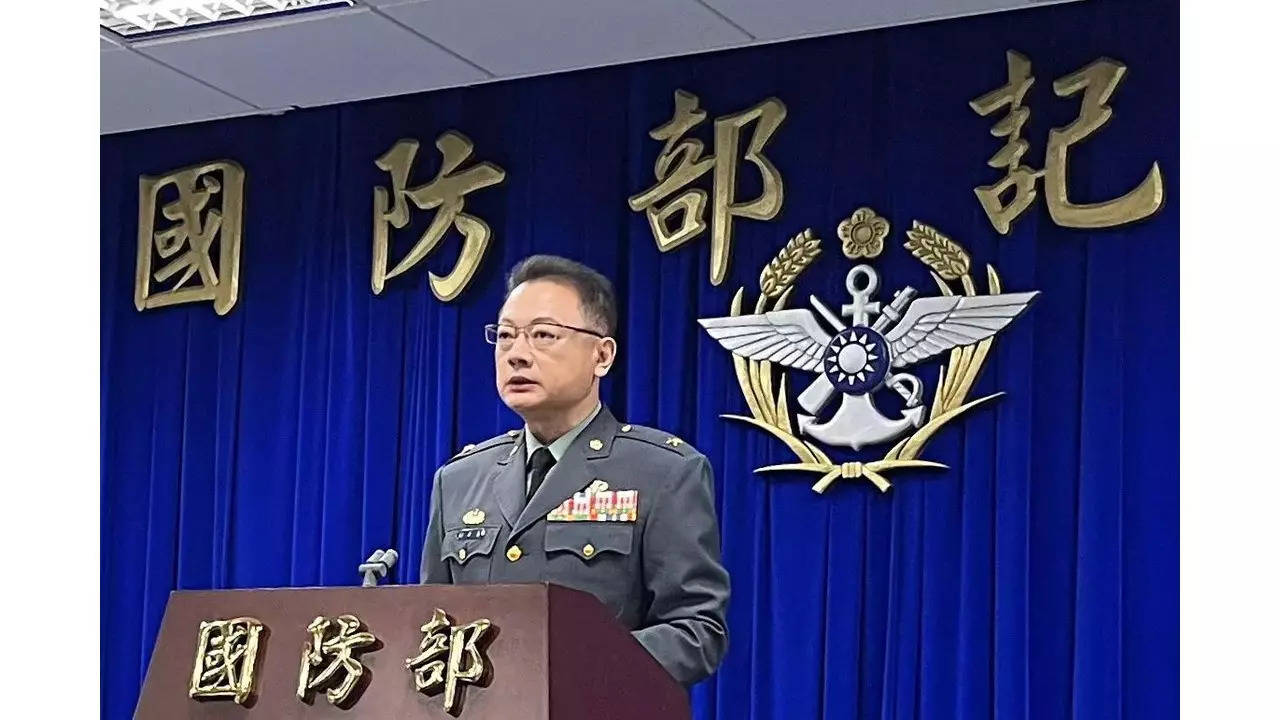
TAIPEI: Taiwan’s defence ministry said on Tuesday it has not seen large-scale exercises or any other action by the Chinese military near the island after China condemned a brief U.S. visit by Taiwan Vice President William Lai.
China on Sunday denounced Lai’s U.S. stopover on his way to Paraguay, saying that he was a separatist and “troublemaker through and through”, and that it would take strong steps to protect its sovereignty.
Taiwanese officials have said China is likely to launch military drills this week near the island, using Lai’s U.S. stopovers as a pretext to intimidate voters ahead of next year’s election and make them “fear war”. Lai is leading in the polls.
When asked at a press conference about Chinese military activity in response to Lai’s trip, defence ministry spokesperson Sun Li-fang, said it was the responsibility of the armed forces to track any Chinese activities near Taiwan.
“The national army upholds the principle of ‘not afraid of the enemy and not provoking’ when facing all activities by the Chinese Communist Party,” Sun said.
However, Taiwan had not seen any “relatively large-scale” drills or actions by China’s military, he said.
“But this does not mean we will let down our guard or war preparedness determination.”
Asked whether China would launch more war games around Taiwan in response to Lai’s U.S. trip, Chinese Foreign Ministry spokesman Wang Wenbin reiterated that China would “take resolute measures to safeguard our sovereignty and territorial integrity”. He did not elaborate.
Five Chinese warplanes had entered Taiwan’s air defence identification zone in the 24 hours up to Tuesday morning, made up of one Su-30, two J-10s and two J-16Ds, Taiwan’s defence ministry said in a daily report on Chinese activity.
The J-16D is an electronic warfare variant of one of China’s most modern fighters.
Beijing has launched almost daily military incursions into Taiwan’s air defence zone in recent years seeking to pressure Taipei to accept Chinese sovereignty.
Lai is due back in Taipei early on Friday, returning via San Francisco.
China launched its last round of war games around Taiwan in April, a day after President Tsai Ing-wen returned from a trip to California where she met U.S. House Speaker Kevin McCarthy.
Both Taiwan and the United States are aiming for Lai’s U.S. stop-overs to be as low-key as possible, saying that such transits are routine. On Sunday, Lai told supporters in New York that Taiwan would not be afraid nor back down in the face of authoritarian threats.
Speaking to reporters on Tuesday, Taiwan Premier Chen Chien-jen appealed for a calm response from China to Lai’s U.S. visits, saying such presidential and vice presidential transits have gone on for many years.
“There is no need for China to take this opportunity to provoke for no reason,” Chen said.
China on Sunday denounced Lai’s U.S. stopover on his way to Paraguay, saying that he was a separatist and “troublemaker through and through”, and that it would take strong steps to protect its sovereignty.
Taiwanese officials have said China is likely to launch military drills this week near the island, using Lai’s U.S. stopovers as a pretext to intimidate voters ahead of next year’s election and make them “fear war”. Lai is leading in the polls.
When asked at a press conference about Chinese military activity in response to Lai’s trip, defence ministry spokesperson Sun Li-fang, said it was the responsibility of the armed forces to track any Chinese activities near Taiwan.
“The national army upholds the principle of ‘not afraid of the enemy and not provoking’ when facing all activities by the Chinese Communist Party,” Sun said.
However, Taiwan had not seen any “relatively large-scale” drills or actions by China’s military, he said.
“But this does not mean we will let down our guard or war preparedness determination.”
Asked whether China would launch more war games around Taiwan in response to Lai’s U.S. trip, Chinese Foreign Ministry spokesman Wang Wenbin reiterated that China would “take resolute measures to safeguard our sovereignty and territorial integrity”. He did not elaborate.
Five Chinese warplanes had entered Taiwan’s air defence identification zone in the 24 hours up to Tuesday morning, made up of one Su-30, two J-10s and two J-16Ds, Taiwan’s defence ministry said in a daily report on Chinese activity.
The J-16D is an electronic warfare variant of one of China’s most modern fighters.
Beijing has launched almost daily military incursions into Taiwan’s air defence zone in recent years seeking to pressure Taipei to accept Chinese sovereignty.
Lai is due back in Taipei early on Friday, returning via San Francisco.
China launched its last round of war games around Taiwan in April, a day after President Tsai Ing-wen returned from a trip to California where she met U.S. House Speaker Kevin McCarthy.
Both Taiwan and the United States are aiming for Lai’s U.S. stop-overs to be as low-key as possible, saying that such transits are routine. On Sunday, Lai told supporters in New York that Taiwan would not be afraid nor back down in the face of authoritarian threats.
Speaking to reporters on Tuesday, Taiwan Premier Chen Chien-jen appealed for a calm response from China to Lai’s U.S. visits, saying such presidential and vice presidential transits have gone on for many years.
“There is no need for China to take this opportunity to provoke for no reason,” Chen said.
